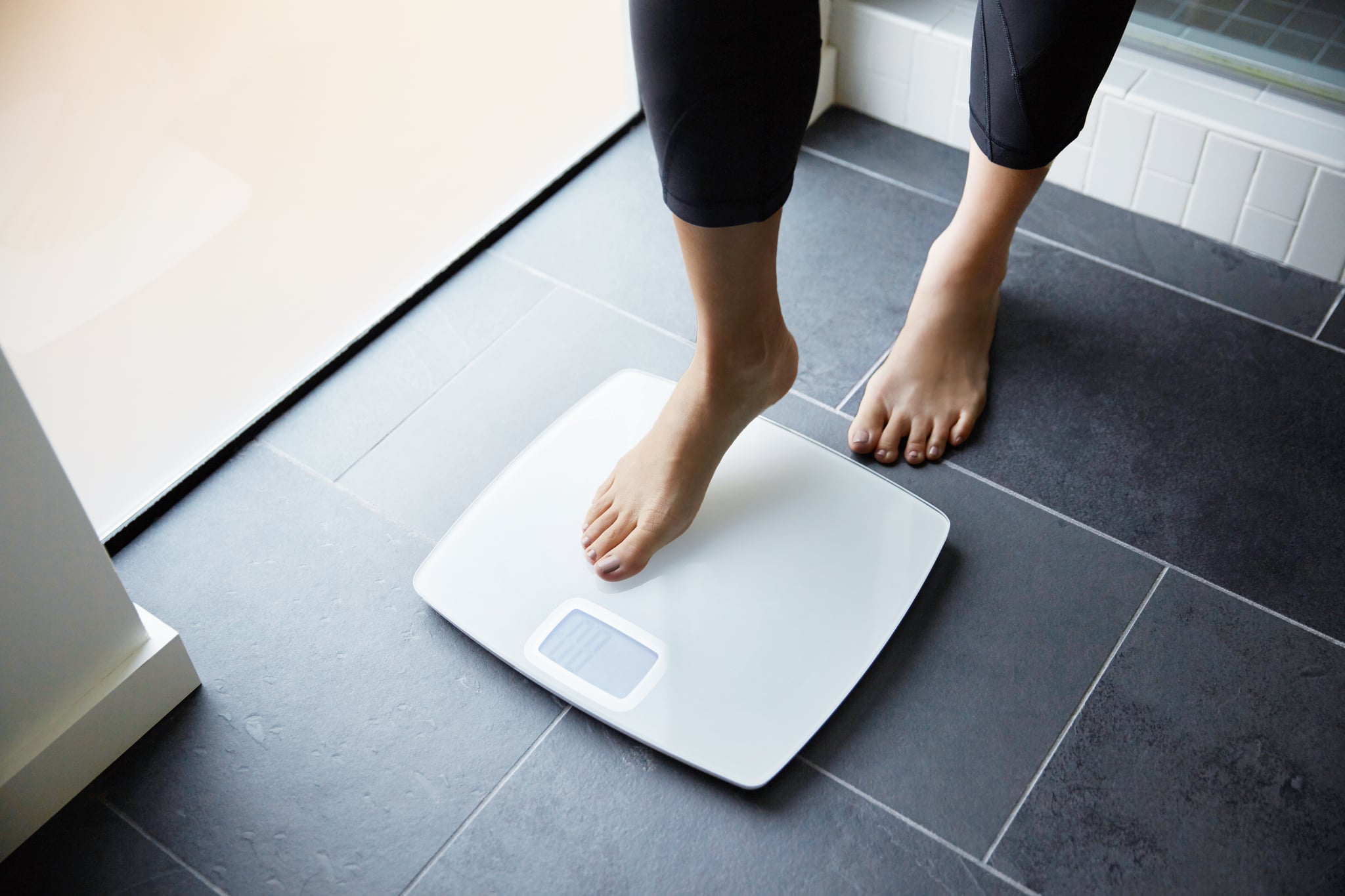
By now we should all know that exercise and a diet that consists of whole, minimally processed foods [1] are instrumental to any weight-loss journey [2]. If you've already revamped your diet to incorporate foods that are nutrient dense and have been working out consistently and are still not losing weight, you could be making this common mistake when it comes to your training program. POPSUGAR spoke to personal trainer Liz Letchford MS, PhD [3] about the effects of overtraining and how it can impact weight loss.
Letchford explained that overtraining syndrome [5] "is characterized by a maladaptive response to excessive exercise without adequate rest, which results in neurological, endocrinological, and immunological harm." The key symptoms to overtraining are a depressed mood [6], central fatigue, and neurohormonal changes that lead to a general feeling of poor recovery and exhaustion Letchford shared with POPSUGAR. She explained that people who participate in aerobic activities [7] (sustained exercise improving the bodies utilization of oxygen) like running [8], swimming, and using cardio machines [9] may experience fatigue, depression, a slower resting heart rate, and a loss of motivation. Those who participate in anaerobic activities (short duration exercise that doesn't use oxygen-producing lactic acid) like sprinting [10] and strength training [11] will typically experience insomnia, irritability, and restlessness.
Although one of the biggest factors in weight loss is consistency with workouts and nutrition, training too much can negatively affect fat loss in women due to hormonal changes, Letchford told POPSUGAR. There's no set amount of training sessions that should be done per week to lose weight, but Letchford recommends starting off with two to three days of strength training and one to two sessions of cardio at varying intensity per week. This plan is flexible and can and should change depending on how you're recovering, how much sleep you're getting, and whether or not you're getting adequate nutrition [12]. Letchford also advises women to lift heavy weights [13] and do one or two days of high-intensity interval training [14] in order to lose fat and build lean muscle mass [15].
Every body will react differently to the stressors of training, so remember to listen to your body, eat nutrient dense foods, do recovery work, and take rest days [16] because these factors play a critical role in your weight-loss journey.
